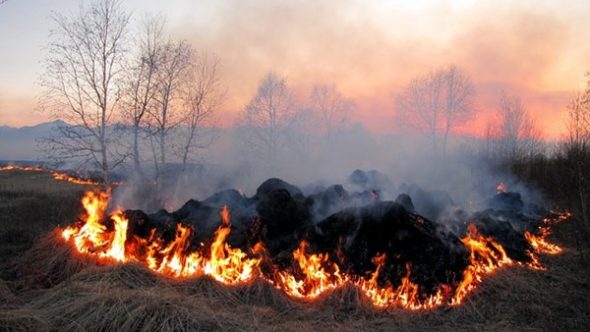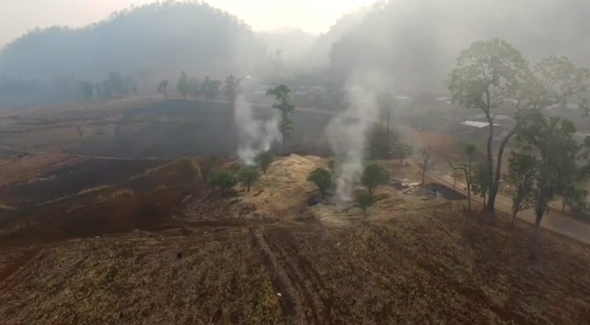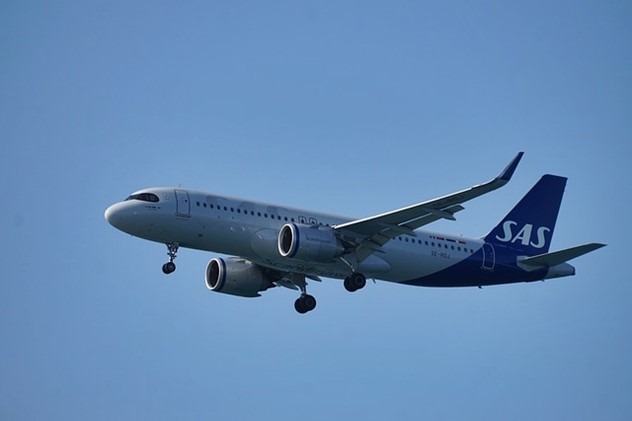
Things you need to know about Chiang Mai burning season
As every new year gets well on its way, one question visitors to Thailand often ask “When does the Chiang Mai burning season start?”
After all, it is no fun going to Chiang Mai if the skies are full of smoke that makes your eyes burn and the air hard to breathe.
Especially if you will be there on holiday, and want to take advantage of everything this wonderful northern Thailand city has to offer.
So, when does the Chiang Mai burning season start, how long does it last and what exactly is it anyway?
What is the Chiang Mai burning season?
This is the time of year when local farmers burn old crops in their fields, so that they can get the fields ready for the new planting season. It takes place in fields close to Chiang Mai city, as well as in fields many miles away.
With so many farmers around Chiang Mai practicing agricultural burning, the effect is huge amounts of smoke hanging over the Chiang Mai area for several weeks every year, and much higher levels of air pollution than most of the rest of the year.
This can make it incredibly unpleasant just to go out shopping, or to sit at a street stall and enjoy a nice meal. Especially when you go home or back to your hotel and your clothes and hair smell of smoke.
As you can imagine, for anyone living or working in the city, these are not ideal conditions. For tourists visiting Chiang Mai, there are much more pleasant times of the year to do that.

When does the Chiang Mai burning season start and how long does it last?
The burning season gets going at the end of February and will usually last until mid-April. That generally means about 6-7 weeks of the year where Chiang Mai is best avoided. Unless you absolutely have to be there, of course.
If not, head south to a Thai island like Phuket or Koh Samui, and enjoy the clean air and relaxing way of life there instead.
What to do if you must visit during Chiang Mai burning season
If you have no choice but to visit the city when it is covered in a pall of smoke, there are several things you can do to minimize the problem.
- Of course, stay indoors as much as you possibly can with the air conditioning on. The air conditioning will filter the air slightly, and being indoors will cut your exposure to the smoke by more than 50 percent. Just remember to keep the windows closed too.
- Wear air pollution masks — As is currently happening in Bangkok with the high air pollution levels that city is suffering, people are wearing air pollution masks every time they go outside. This is also recommended during Chiang Mai’s smoke season. Just be sure you buy an N95 mask, as other masks will not protect you from the effects of the smoke, or the tiny pollution particles circulating in the air. Make sure the mask fits snugly on your face, and that there are no gaps between the mask and your skin. Otherwise, it will not protect you from the pollution.
- Go out at night — While it honestly is not much better at night in Chiang Mai when it comes to the pollution in the air, it is slightly less risky. That is why Thai authorities often suggest you go out shopping, or for a meal, after it goes dark. It will also be cooler then too.

Who should not go to Chiang Mai during the burning season?
If you have asthma, any other respiratory problems or allergies, you could find being in the Chiang Mai area from the end of February to the middle of April very unpleasant. So much so, if you have breathing issues during normal air conditions, it is not recommended you travel to Chiang Mai at this time.
A visit to Chiang Mai during this time is also not recommended if you have chronic health issues, are elderly or have children in your party, as they may be affected by the smoke even more.
If you have no choice, always wear an N95 mask when you go outside, and make sure you know where the nearest medical clinic or hospital is, just in case your breathing problems become severe.
That being said, Chiang Mai is an absolutely wonderful city to visit at any other time of year. But, when even Thais that are able to leave the city for the six weeks to two months of the burning season, visiting Chiang Mai from the end of February to mid-April is not recommended.
You can check the daily air pollution in Chiang Mai air at the Air Quality Index website. Their pollution level reports are in real-time.
The documentary SMOKE
If you are interested in Chiang Mai agricultural burning, and its horrendous environmental effects, there is an excellent independent film by Marisa Marchitelli you should watch.
Called SMOKE: A Crisis in Northern Thailand, it was produced for Marchitelli as a work in progress for Chiang Mai University’s Faculty of Agriculture.
The film includes interviews with Thai and western health experts, who talk about why the agricultural burning is such a severe health crisis. It also includes information from Thai news, and interviews with local residents as to what they have experienced due to the smoke.
Watch it below.



